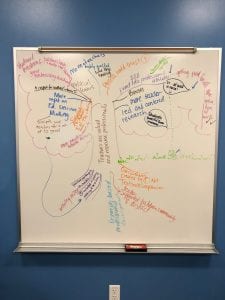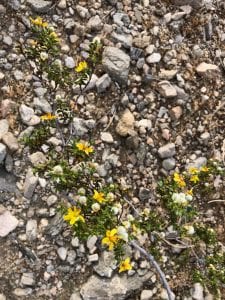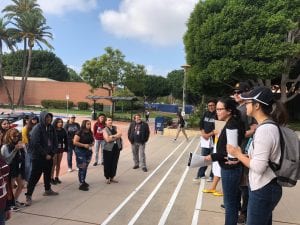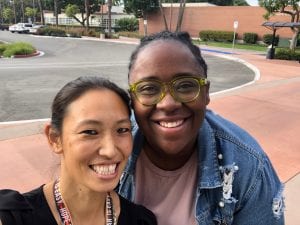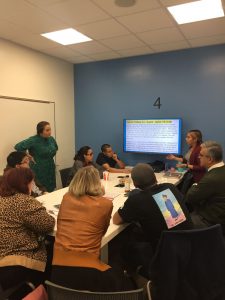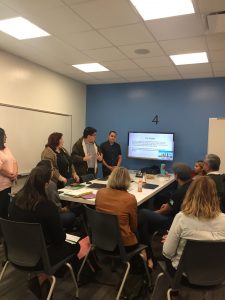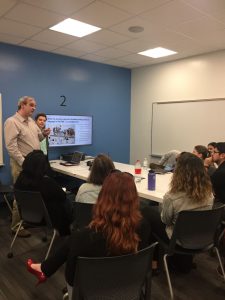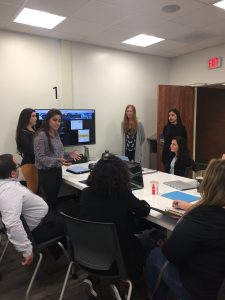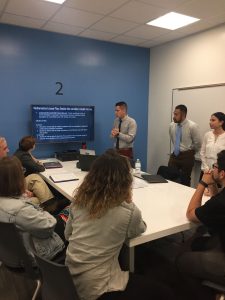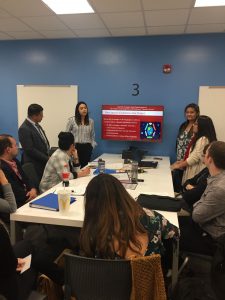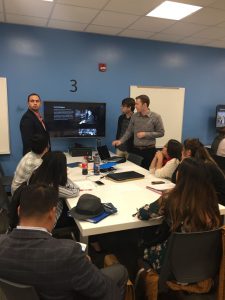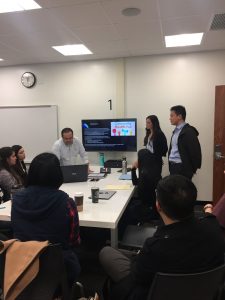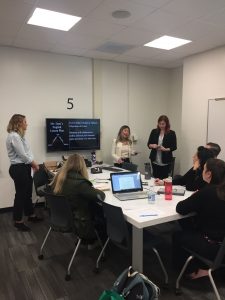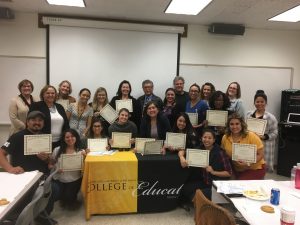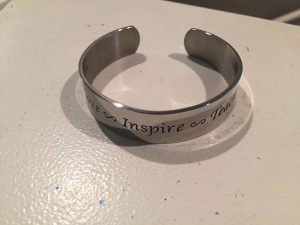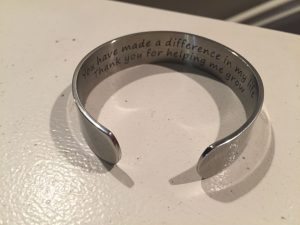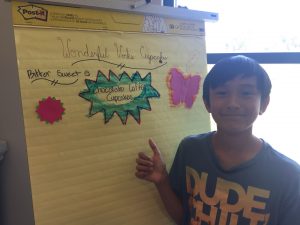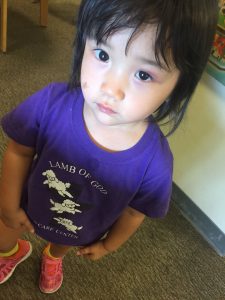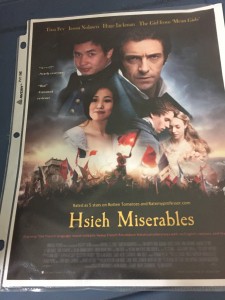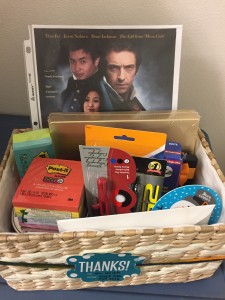Dear graduating 2019 MA Cohort in the Linked Learning Curriculum & Instruction program (and friends),
This morning as I woke up, I saw your many posts from commencement last night. I saw the joy of celebrating this momentous occasion with students, colleagues, friends and family. I saw the light of the culmination of a program that has had its ups and downs for you all. And in all of that, I saw hope, my hope and yours, reflected in your radiance.
I also woke up with the song “You’ll Never Walk Alone” (see video above) playing into my head, and it made me think of you. (Note: While this song is most recently famous for being the team song for the Liverpool Football Club, I know it from the musical Carousel and more specifically from my high school choir, and it’s stuck with me all these years. I really loved the version that I posted above, which took me a minute to find on YouTube)
So, with all of this, in my head and my heart, this is my commencement speech to you, which is more like an open letter to you, my last lecture, I suppose, about the times you will feel alone, but that you will walk on knowing that truly you are never alone.
Teaching can so often feel lonely and isolating. When we are in our classrooms and our lessons aren’t going well, for whatever reason. When we are looking at our grade rosters, knowing that each student has such amazing potential for success and feeling their greatness in our hearts, then seeing that those numbers and letters don’t reflect that greatness, especially for students from historically marginalized groups. When we are trying to advocate for what’s right for students, colleagues & communities and coming up against institutional barriers, so many institutional barriers, at so many levels. When we are fighting for a living wage after coming home exhausted each night. When we have to say no to myriad social invitations (because, hey, we’re still cool and have friends) because we need to prep or grade or do something extra that prompts our non-educator friends and families to say, “Why are you working so hard? Why don’t you just show them a movie?” or “Don’t you already have a worksheet for that?” or “Aren’t you done at 3pm?” When you are sitting in a classroom, trying to grow yourself, and being saddened, sickened, frustrated by how much you know and don’t know about the educational system and how much there seems left to do. When we, on the regular, stare inequalities and inequity in the face and don’t know what to do except for cry, then regroup and come back to do better.
I know all of those feelings. I’ve felt them all in the last month, maybe even the last week. I want to acknowledge that these are the realities of being an educator that cares deeply for students, that believes in their greatness, and that teaches in a school system that is so far from ideal that the injustice wears you down sometimes, especially when you know that even with many individuals at many levels trying their best, the systemic nature of inequality is persistent.
But, here’s where the lyrics to the song come in.
When you walk through a storm, hold your head up high and don’t be afraid of the dark
(Well, don’t be so afraid that it scares you into inaction)
At the end of the storm is a golden sky and the sweet silver song of a lark
(There are always moments of golden sky and sweet silver songs — they come in the small moments of seeing student growth and improvement, your own growth and improvement, those incremental changes in your classroom & schools. They also come in the big moments of commencement, of collective action that results in better teaching and learning conditions for students, in structural change that I know can come through our collective advocacy)
Walk on through the wind, walk on through the rain,
Though your dreams be tossed and blown
Walk on, walk on with hope in your heart,
And you’ll never walk alone.
You’ll never walk alone.
My dear forever students, colleagues and friends, walk on with hope in your hearts. Hold it, keep it and cherish it, like I hold on to you, your growth, your commitments, your collective action, like I cherish each and every one of you. I will never walk alone because you all walk with me. You will never walk alone because you walk with one another. You carry me. You carry your students, in your heart. Teaching is about not walking alone. It is about being a collective; it is about working together to bring about structural change, because we cannot do it alone.
Stay with one another when your dreams are being tossed and blown, when you see the end of the storm. Celebrate your victories, regroup after your defeats.
I love you. I believe in you. I know that we will continue to build coalition and to work towards change. I am so proud of all you’ve accomplished in this program, but I know that it is truly a commencement, the end of a program, but the beginning of a lifetime of continued growth and improvement.
Thank you for letting me walk alongside you in this journey.
With all my heart,
Dr. Hsieh

